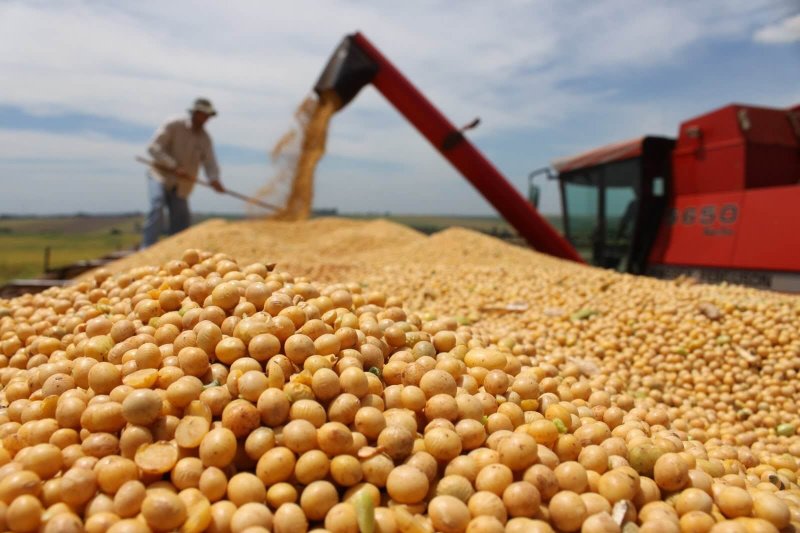By temporarily silencing the expression of a critical gene, researchers fooled soybean plants into sensing they were under siege, encountering a wide range of stresses. Then, after selectively cross breeding those plants with the original stock, the progeny “remember” the stress-induced responses to become more vigorous, resilient and productive plants, according to [Sally Mackenzie, professor in the departments of Biology and Plant Science at Penn State.]
…
Researchers identified a gene they call MSH1 that exists in all plants, and when they down-regulate or turn off its expression, the plant becomes “convinced” it is encountering multiple stresses, even though it is growing under perfect conditions. The plant senses it is dealing with drought, extreme cold, heat and high light levels, etc., simultaneously …. so it amplifies the expression of gene networks to respond to those stimuli.
…
Important for the political reality of these times, this is a technology that could be readily applied because it is not a genetically modified organism, so it doesn’t require any special regulatory approval. It can go right into the field, Mackenzie pointed out, and be deployed in any crop, not just in soybean. Her research group has already demonstrated the approach works in tomatoes and sorghum.
Read full, original article: ‘Scaring’ soybeans into defensive mode yields better plants a generation later































